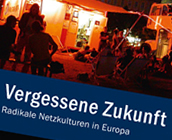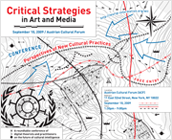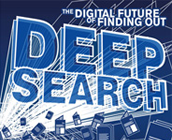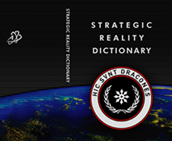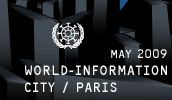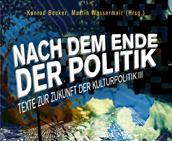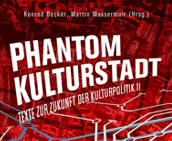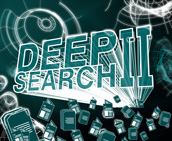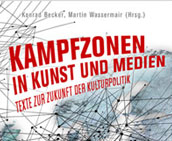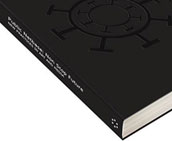Suche und Macht
Deep Search – On the Future of Digital Searching
Conference on the Social Role of Google & Co
8 November, 2008, Vienna
Who has any use for data that cannot be found or accessed because they form part of a generalized information explosion? Within just a few years, search engines have become an indispensable tool of orientation on the internet. The have become an essential requirement for making practical use of the vast amount of information the internet offers.
Hardly any other service is being used as frequently as search engines. Many can no longer even think of a life without Google & Co. On 8 November, 2008, the conference “Deep Search“, hosted by Vienna’s World-Information Institute, brings together international experts from the fields of science, media, and art, for a discussion of the importance of digital search engines and their effects in society and politics.
The conference will open with a paper by Paul Duguid (UC Berkeley), who will talk about humanity’s dream of universal knowledge and perfect information. Next, Claire Lobe Maris from the Computer Science Institute of Namur University (Belgium) will provide an overview of the current debates on the social effects of new digital search tools.
Most users rarely ever think of the civil rights aspects of digital search engines. Gerald Reischl, Austrian IT journalist and author of the book Die Google-Falle (“The Google Trap“) will speak about the social and political power Google is accumulating through its dominant position on the internet. This will be followed by a talk by Joris van Hobroken (Institute for Information Law, University of Amsterdam) on digital search engines and the potentially conflicting demands of free expression and the right to privacy.
There has long been a close connection between knowledge and the exercise of power. This theme will be addressed by Theo Röhle (Department of Media and Communication, University of Hamburg), and Berhard Rieder (University Saint-Denis of Paris). Apart from offering critical perspectives, Röhle and Rieder will present alternatives and tentative solutions on how to reconcile the key role of search engines with a democratic order of knowledge.
The conference will conclude with contributions by Richard Rogers, Head of the Institute for New Media and Digital Culture at the University of Amsterdam, and media artists Gon Zifroni and Tsila Hassine, both also from Amsterdam. In their talks they will explore the representation of information by search engines (search results), and present proposals on how to present data in new ways, rendering interconnections visible that usually remain obscured.
"Deep Search" - The Digital Future of Finding Out
Conference editors: Konrad Becker and Felix Stalder, World-Information Institute
Time: Saturday, 8 November 2008, 10.30 to 20.00 hrs
Venue: Austria Trend Hotel Savoyen Vienna, Rennweg 16, 1030 Vienna
For further details please visit http://world-information.org/deepsearch
The conference will be held in cooperation with the IRF Symposium 2008: http://www.ir-facility.org/symposium.
The contributions presented at “Deep Search” will be documented in a book by the same title, to be published by Studienverlag in the summer of 2009.
On the conference organizer:
The World-Information Institute is affiliated to Vienna’s Institute for New Culture Technologies and forms part of a global network of partners and experts working in the field of information and communication technologies.
Please direct your enquiries to:
Institute for New Culture Technologies/t0
Phone: +43 (1) 522 18 34
Lehargasse 11/1/8, A-1060 Vienna
Email: office@t0.or.at
Web: http://t0.or.at

